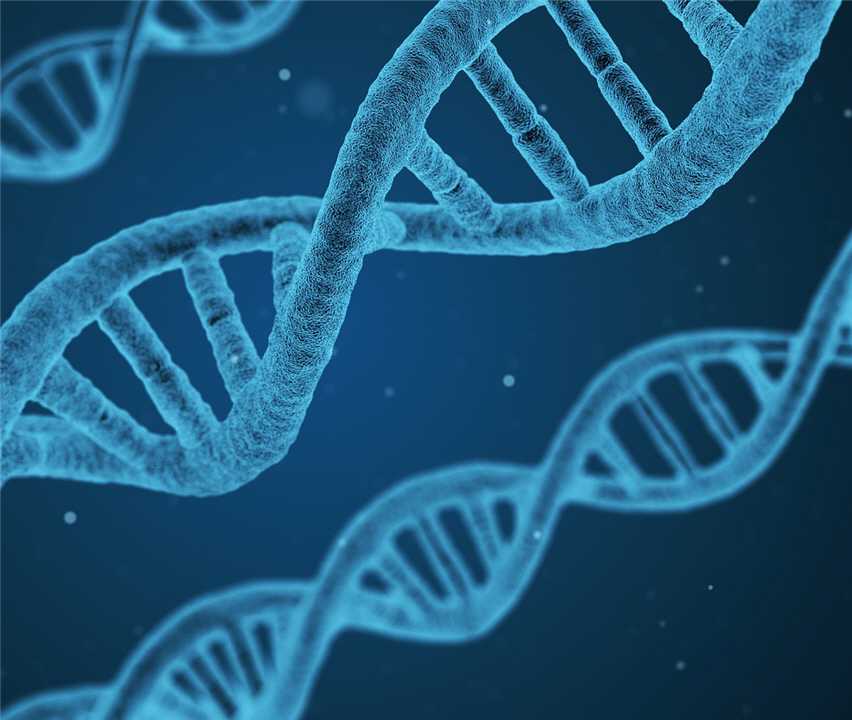- Home
- About
- Meet the Expert
- Services
- 3D Full Field Digital Mammography
- Breast Ultrasound
- Image Guided Breast Interventions
- Genetic Screening, Counselling and Testing
- Consultation and Second Opinion
- Best Breast Imaging Centre Near Me Lokhandwala, Andheri
- Best Breast Ultrasound Centre in Lokhandwala, Andheri
- Best 3D Digital Mammography in Lokhandwala, Andheri
- Best Painless 3D Mammography in Lokhandwala, Andheri |Mammocare
- Best Breast Biopsy Center in Lokhandwala, Andheri
- Best Mammography Centre in Lokhandwala, Andheri
- Blog
- FAQs
- Gallery
At Mammocare™, we understand that some of you may have a family history of breast or ovarian cancer. Our clinic provides breast cancer screening for individuals with an increased risk of breast cancer. At Mammocare, we are associated with a team of genetic counsellor/s and surgeon/s who provide education, risk assessment, genetic counselling and testing to individuals concerned about their family history of breast cancer.
At Mammocare™, we offer genetic testing for all genes associated with risk of breast cancer (diagnosed in patient or a family member). We understand your concerns once a family member has been diagnosed with breast cancer. At Mammocare™, we offer counselling both before and after testing so you can understand and make informed decisions.
A woman with an average risk has a 1 in 8 chance of developing breast cancer over her lifetime. Women who have one or more first-degree relatives (mother/father, sister/brother, or daughter/son) diagnosed with breast cancer are at higher risk of developing cancer.

Women who are considered at a higher risk include:
- Women with strong family history
- Women with a first-degree relative diagnosed with breast cancer especially at pre-menopausal ages (i.e. parent, sibling or child)
- Women with more than 2 first-degree or second-degree relatives diagnosed with breast cancer especially at any age.
- Women with breast cancer diagnosed at age less than 50 years
- Women with Triple Negative breast cancer diagnosed at age more than 50 years
- Women with a prior history of receiving radiation to the chest between age of 10 and 30 years
- Parent or family member with one of the breast cancer gene mutations (BRCA 1 or BRCA 2)
Known genetic predisposition is found in about 5-10% of breast cancers, with the BRCA1 or BRCA2 mutation being the most widely recognized. The lifetime risk for breast cancer is 50-85% among BRCA1 carriers and approximately 45% among BRCA2 carriers.
Identifying a hereditary predisposition to cancer allows individuals and families to personalise cancer screening and treatment options. Our clinic provides breast cancer screening for individuals with an increased risk of breast cancer. The age of your relative(s) at diagnosis can guide decision-making regarding when you begin screening mammography. For example, if your mother was diagnosed at age 40s, your first mammogram would most likely be recommended earlier than age 35. If your breast cancer risk is higher than average, talk to your doctor about a more aggressive breast cancer screening plan (that may include MRI) that is specific to you.
To book an appointment for genetic/germline mutation testing, contact us on 9372433776 or send us a message.
